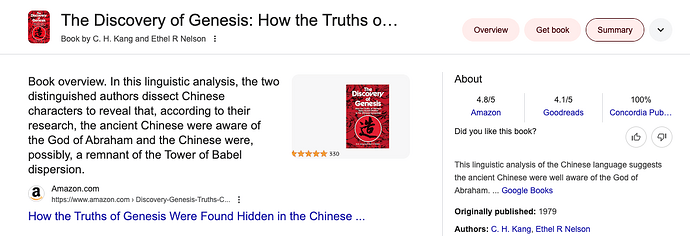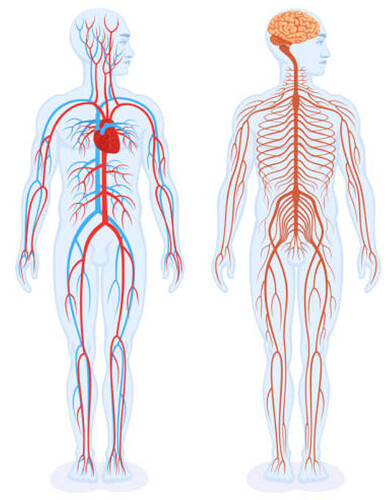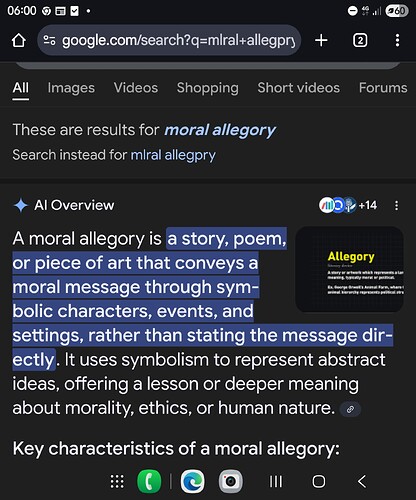So the “wild west” is theologically analogous to the Garden of Eden?
you now believe that God snapped his fingers right in front of Adam and Eve and created an animal skin from nothing and then clothed them with said skin?
I haven’t said what I believe, I have pointed out that your conclusion is not the only one that fits with the text.
so if God can manipulate nature and create animals skins without killing an animal, why is it not also possible for God to directly intervene in the earths ecosystem in the 6000 or so years since that time… even a “rapid” catastrophic global flood?
First, because the text doesn’t use the right Hebrew verbs for that. If it said that He “made” the Flood (Hebrew עָשָׂה [ah-sah]), that would be possible, but it doesn’t use that word about the Flood (it does use it of God making man, and of Noah making the Ark). It also doesn’t say, “And God did many, many other miracles to make it all happen”, which is a YEC requirement.
Why try to make it fit science? Why not cast that idol aside and just read the text?
The problem here is that Biologos seems to pick and choose which miraculous events in the Bible are literal and which ones are not.
I’d say that the problem is that YEC wants to make miracles when the text doesn’t say there were any, because they require those miracles in order to fit the text to their science.
How about just sticking with what Peter wrote, that God preserved the Ark?
In any case, the Darwinian model
Is irrelevant. Why you insist on interpreting the text by reference to Darwin baffles me. YEC makes an idol of science and another of Darwin!


